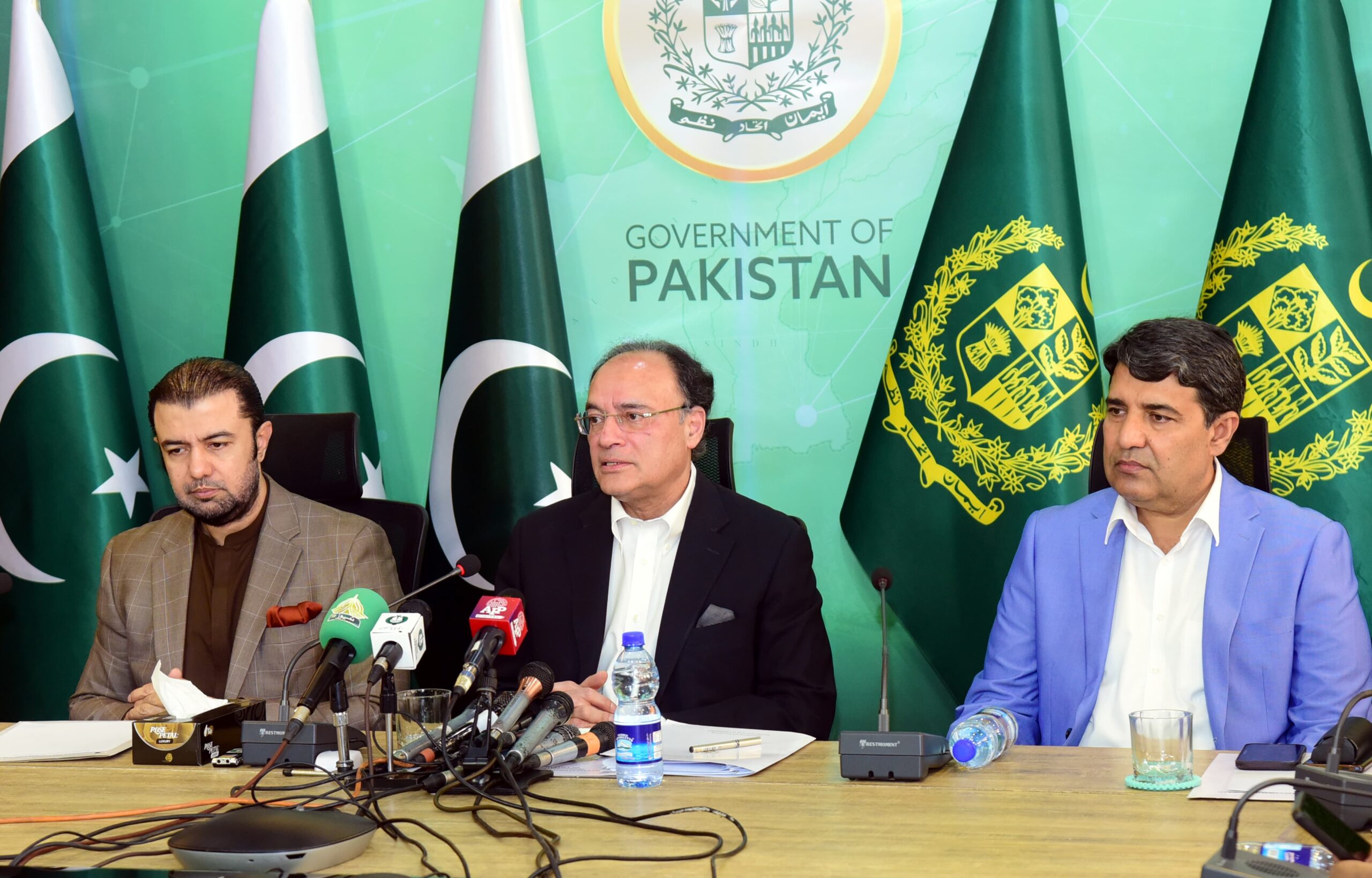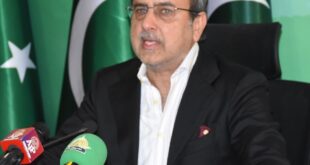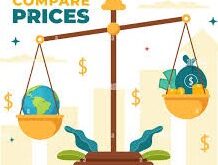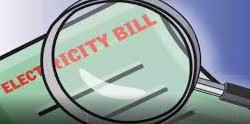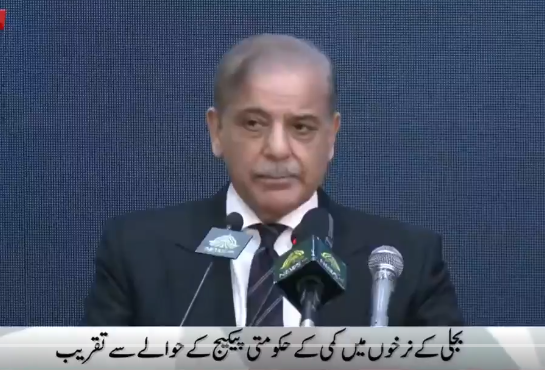
In a significant move to provide relief to the public, Prime Minister Shehbaz Sharif has announced a substantial reduction in electricity prices. The new rates will see a decrease of Rs 7.41 per unit for domestic and Rs 7.59 per unit for industrial consumers.
A special ceremony was held in Islamabad to unveil the government’s electricity tariff reduction package. The event was attended by Deputy Prime Minister Ishaq Dar, Finance Minister Muhammad Aurangzeb, Khawaja Asif, Rana Sanaullah, and several other key ministers. The ceremony commenced with the recitation of the Holy Quran, followed by a heartfelt Naat in praise of Prophet Muhammad (PBUH).
Addressing the gathering, Prime Minister Shehbaz Sharif acknowledged the distress and frustration among the people caused by high electricity bills. He emphasized the need to recognize the sacrifices made by the common citizens and described this initiative as an Eid Gift to the nation.
The Prime Minister announced that all household consumers will now receive electricity at an average rate of Rs 34.37 per unit, a significant drop from the previous Rs 45.05 per unit. He also pointed out that as of June 2024, the electricity price for industries stood at Rs 58.50 per unit. While focusing on future improvements, he also reflected on the economic challenges Pakistan has faced over the years.
Shehbaz Sharif highlighted the immense efforts made to prevent Pakistan from defaulting, emphasizing that the time had come to fulfill the promises laid out in the government’s manifesto. He recalled that upon assuming office, Pakistan was on the brink of an economic crisis, with the IMF unwilling to engage in discussions.
Expressing gratitude for the support received, he acknowledged the Army Chief and his team, who played a crucial role in ensuring economic stability despite facing daunting challenges.
The Prime Minister further emphasized that fuel prices in Pakistan remain the lowest in the region, while interest rates have dropped from 22% to 12% and inflation has decreased from 38% to single digits.
Highlighting the importance of long-term economic stability, Shehbaz Sharif stated that structural reforms were essential for economic progress. He reassured the nation that Pakistan’s economy was transitioning from uncertainty to stability, though he acknowledged the constraints imposed by the IMF program, which prevents the government from offering direct subsidies.
He reiterated that industrial, trade, and agricultural growth could only be achieved through lower electricity costs, underscoring that Pakistan had successfully attained economic stability and was now ready to move forward toward prosperity.
Shehbaz Sharif also shed light on the challenges faced in negotiations with the IMF, revealing that the IMF initially rejected the proposal to lower electricity rates. However, through persistent efforts, the government convinced the IMF that instead of reducing petroleum prices, relief should be provided in the form of lower electricity tariffs.
Discussing Independent Power Producers (IPPs), he stated that these companies had earned massive profits over the years. During negotiations, the government urged them to contribute back to the nation by helping reduce electricity costs.
The Prime Minister also addressed Pakistan’s mounting circular debt, which currently stands at Rs 2,393 billion. However, he assured that a permanent solution had been put in place, ensuring that this debt will no longer accumulate and will be eradicated within the next five years.
Concluding his speech, Shehbaz Sharif reaffirmed his commitment to economic revival, stating that Pakistan was now on a stable path and prepared to soar towards economic prosperity.
 BeNewz
BeNewz

